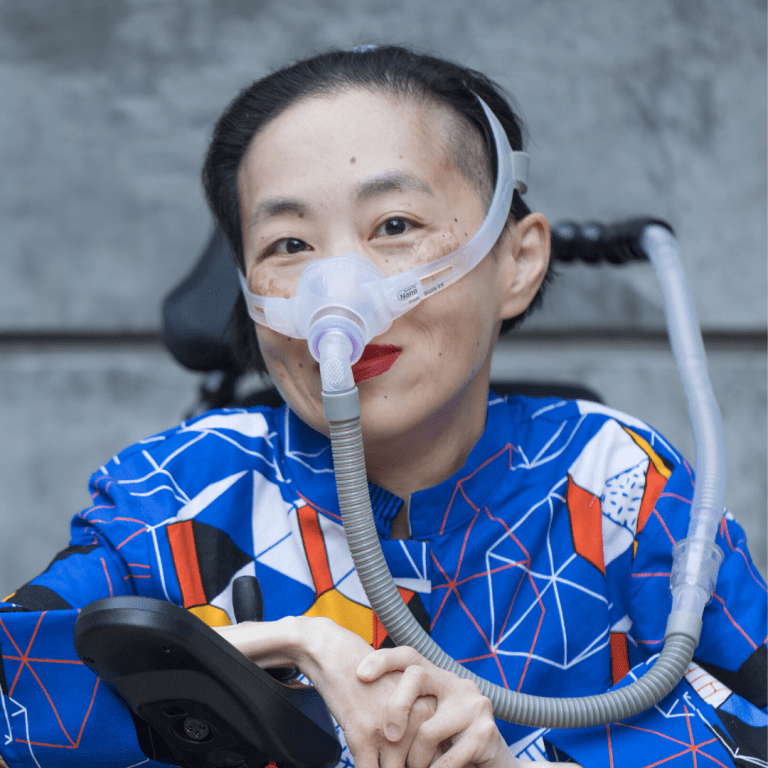Disabled Activist Alice Wong: ‘Our Lives are on the Line’
Headshot courtesy of The Disability Visibility Project
For people with disabilities and compromised immune systems, it’s imperative that people self-quarantine not just for their benefit, but for the people they depend on (home care providers, delivery drivers, etc.), who could transmit the virus, too.
I interviewed Alice Wong, a disabled activist in San Francisco and director of the Disability Visibility Project, which promotes the creation and sharing of disability media and culture. We discussed what able-bodied people can do to help keep her community safe.
(Interview has been edited and condensed.)
How has COVID-19 and San Francisco’s shelter-in-place order affected you?
I started social distancing over a week before the [March 16] order from the mayor. I canceled all nonessential appointments such as physical therapy, paid out of pocket for a 90-day supply of my medications, stocked up on supplies such as liquid soap and latex gloves, and started ordering groceries online.
Has it been difficult adapting to these changes?
I've been working from home for years so that has not been a major adjustment. What is challenging right now is dealing with the fear and very real risk of becoming infected [while also having a neuromuscular disability]. Since my family members are my home care providers, we are in physical contact when I receive assistance with my daily activities. I cannot isolate myself entirely from people who I depend on for getting out of bed and eating.
Do you see able-bodied people taking the risk of COVID-19 to disabled and immunosuppressed people seriously?
It's disturbing to see people continue to party, go on vacation, or gather in bars and restaurants when they could expose others while being asymptomatic. There's also an attitude that most people can recover or survive the virus and that it's just like a bad flu, which is incredibly callous. Older, disabled, sick and immunocompromised people aren't expendable but it seems like we're automatically written off already.
What other ways can able-bodied people prioritize disabled and immunosuppressed people right now?
Listen to what we are saying and do not dismiss it as an overreaction. For many of us our lives are on the line and this pandemic is more than an inconvenience or disruption in services. We are all connected and have an obligation to care for one another as best we can. I recommend nondisabled people presume that they are potential carriers and behave accordingly: wash hands often, practice social distancing, buy only as much as you need, and reach out to people around you who might need some help or someone to talk to.





